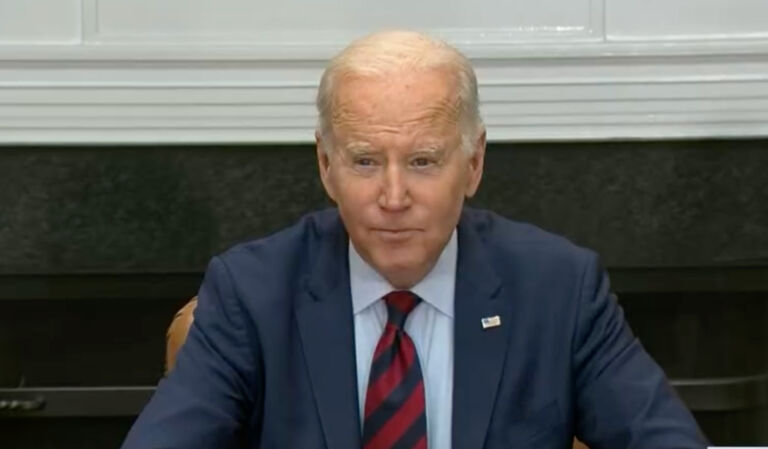Thomas Ascik writes for the Federalist about legal issues surrounding President Biden’s student debt plan.
By suddenly adding so-called student loan “forgiveness” to the November elections, President Joe Biden has used politics to paper over the constitutional crisis he precipitated. Under the Constitution, paying off federally insured student loans would be a presidential usurpation not only of the legislative power but also the appropriations power, the taxing power, and the “debting” power.
Starting with his 2020 campaign, Biden’s — and the Democratic Party’s — advocacy of loan cancellation has been an independent political and economic issue, not based on the exigencies and economic stresses caused by lockdowns. A “Fact Sheet” released by the White House the day Biden announced the loan cancellations, goes on at length about “keeping college costs under control,” and it gives the history of federal student loans and the accumulated debts of so many borrowers “since 1980.” The effect of the pandemic-induced lockdowns is referenced, but the phrase “national emergency” is not used.
On the same date, that is, more than a year and a half after Biden had assumed office, however, the Department of Justice and Department of Education issued separate legal memoranda finding statutory justification for the massive loan cancellations in the continuing “national emergency” of the pandemic.
Both departments point to the HEROES Act, passed by Congress in 2003 as a response to the attack on the World Trade Center, which eased the student loan burdens of military service members during war, military operations, disaster area, or a “national emergency.” In their memoranda, both departments cite and repudiate a January 2021 memorandum by the deputy general counsel of the Trump Department of Education as it was going out the door that “Congress never intended the HEROES Act as authority for mass cancellation, compromise, discharge, or forgiveness of student loan principal balances, and/or to materially modify repayment amounts or terms.”


